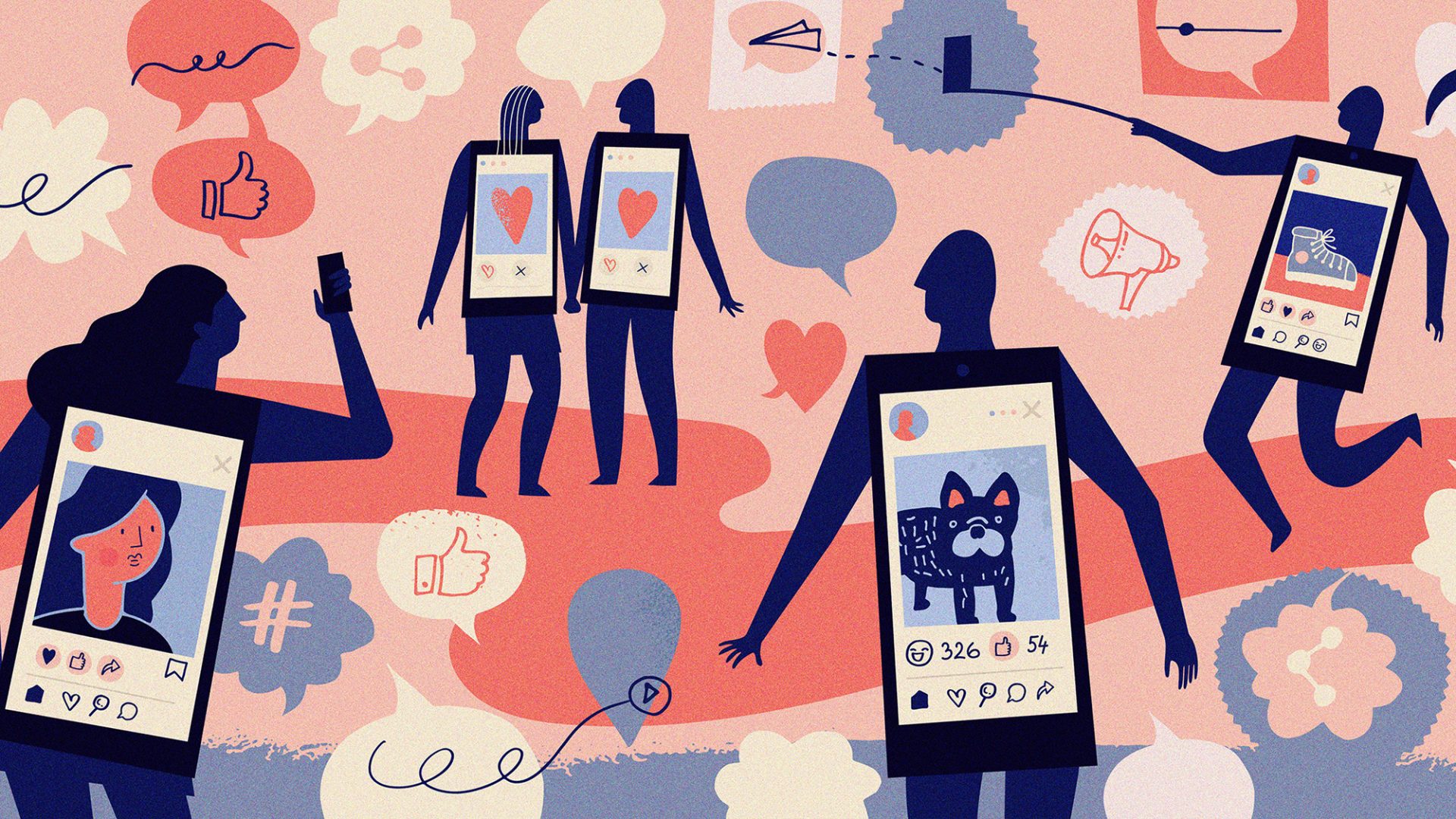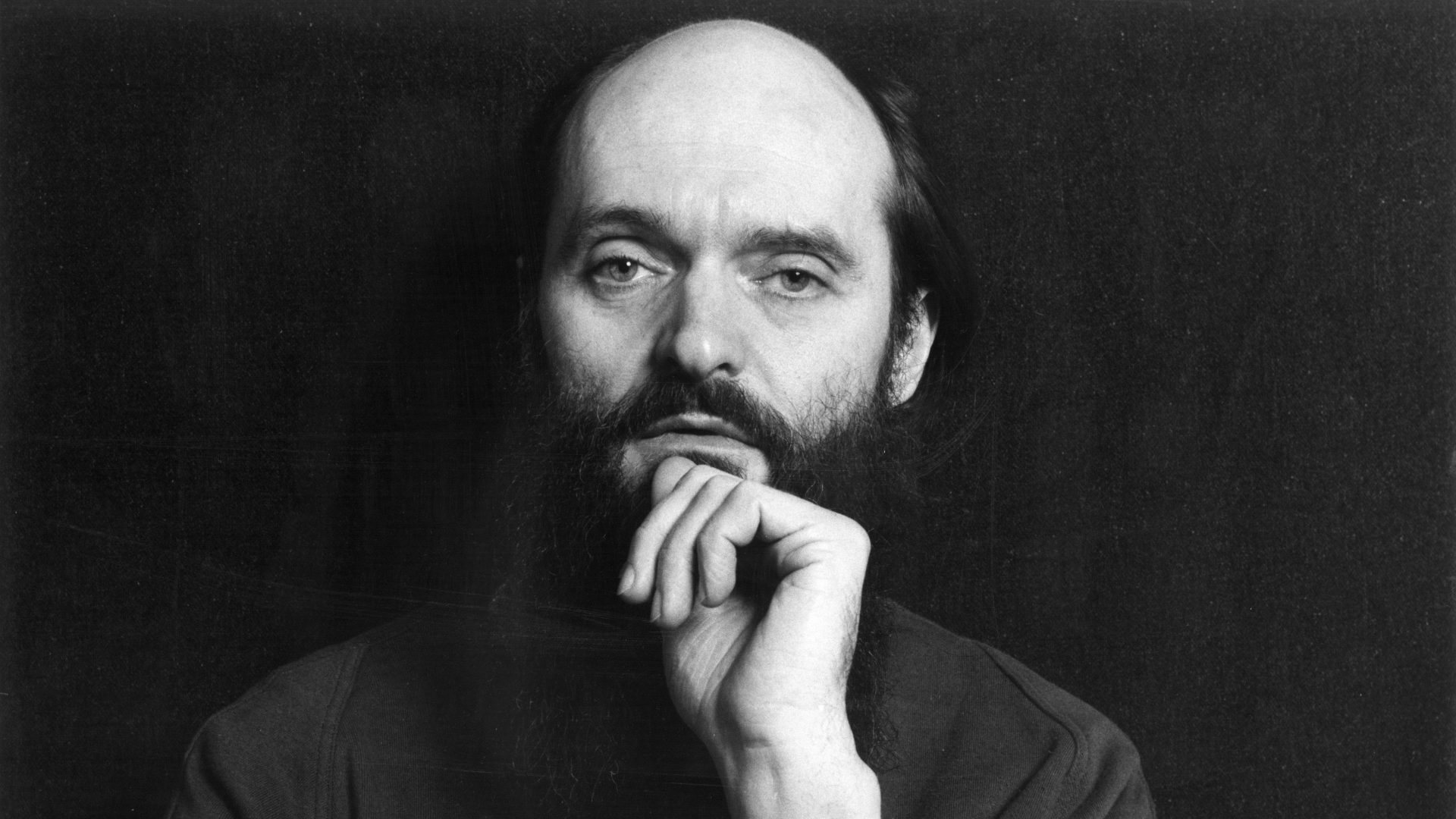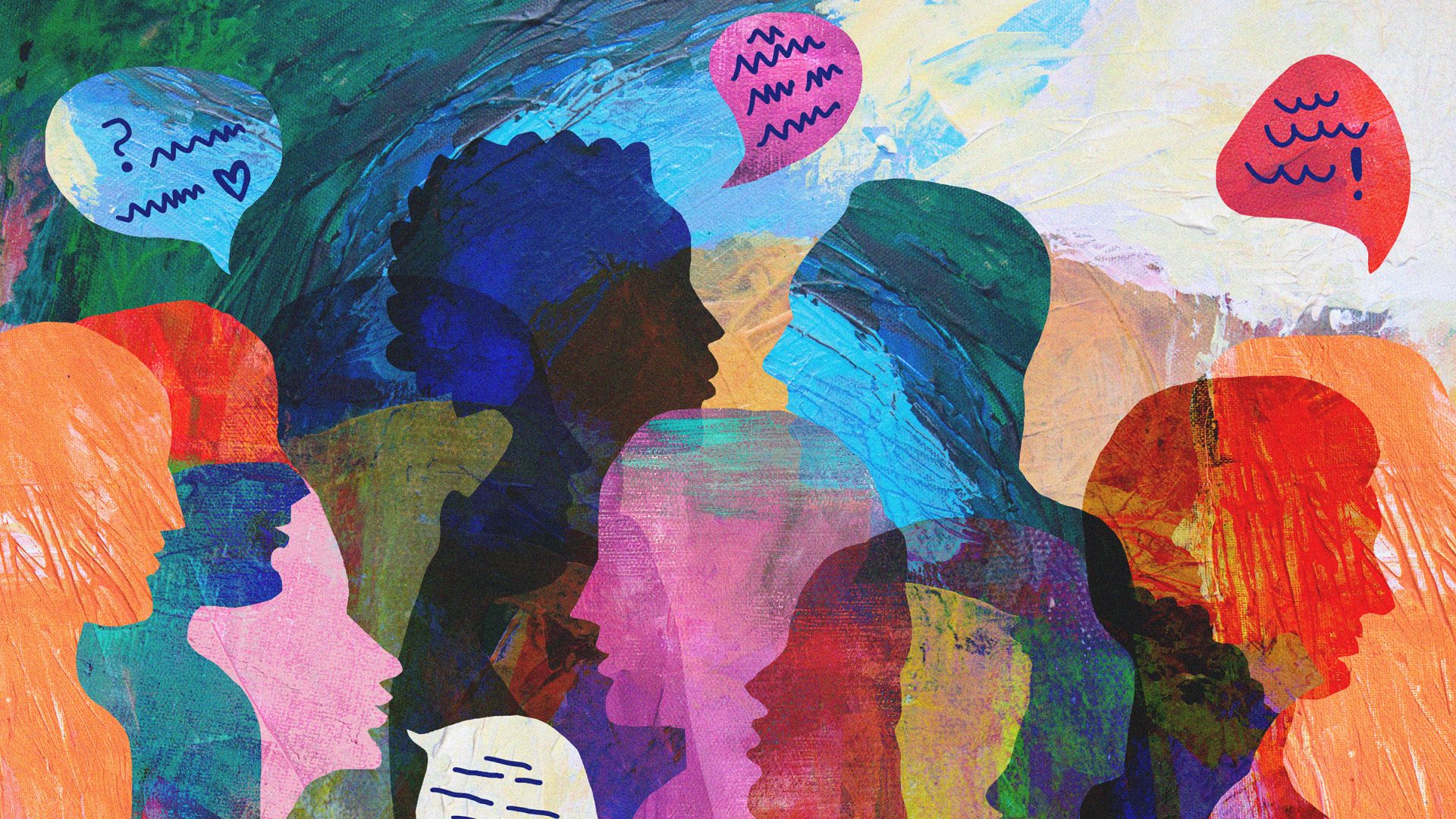Chances are that, if you’re in a happy, committed relationship (or even an unhappy, noncommittal one), you met your partner online. Dating apps overtook meatspace meet-cutes in the early-10s, at least for heterosexual match-ups, and since then the dominance of the digital when it comes to finding a partner has only increased.
Five million people in the UK used a dating app or online matchmaking service in 2024 – but, for the first time in years, that was a year-on-year drop of 16%. Is the, er, love affair over?
Tinder’s lost over half a million UK users in the past couple of years; Bumble recently announced layoffs in London and the need to return to a “startup mentality” (never a good sign) to arrest its decline. Feeld is great if you’re into plastercast play or “figging” (if you don’t know, please do not Google) but, well, most people aren’t. Hinge, meanwhile, is working with brand and creative agencies to attempt to “reposition” its dating offering. What this means in practice is anyone’s guess.
It’s clear from talking to anyone who uses the infernal things that dating apps are not feeling very fun any more. People are jaded, courtship is a now-
familiar dance of swipes, low-quality conversation and trepidatious attempts to build connection without getting bruised (or worse). The problem seems most pronounced for women (plus ça change…). An acquaintance of mine has an entire folder on her phone of men whose dating profiles feature the single word “ROAST” as an indication of their primary interests in life. But it’s clear that something is broken for everyone. So what next?
Last year saw a flurry of “meet in real life” apps gain traction. Services like TimeLeft offer the chance for users to meet up for a meal or drinks in groups, adding (in theory at least) a layer of spontaneous serendipity to meeting new people; while not ostensibly designed for dating, it’s clear to anyone who’s used one of these that that’s exactly what people were in fact using them for. The problem comes in the randomness – while you’re guaranteed to meet four or five people for a few hours, your ability to decide who those people are and what they’re like is minimal, making it a tricky proposition for anyone weaned on a system that’s a little more like picking an option on Deliveroo.
And so a new wave of apps is springing up in 2025, attempting a slightly different approach to helping us find someone to exchange sweet nothings or bodily fluids with. Perhaps the most interesting new market entry in recent months is Sitch, which combines (inevitably) an oh-so-futuristic layer of AI with a very retro concept – the professional personal matchmaker (inspired, apparently, by the founder’s grandmother who did this for a living). The app asks users 50 questions about themselves and their preferences, and, based on their answers, uses an LLM to turn that information into a full-fledged profile of their ideal match.
Suggested Reading


Social media is dead – you just haven’t noticed
The Machine then cross-references all these profiles and presents users with a selection of curated options selected just for them, who they can chat and meet with, should they so choose. Whether or not a slightly tweaked version of ChatGPT is going to be any better at finding you a mate is moot, but it’s certainly a more in-depth approach than swiping signals and monosyllabic lunch chat.
Or maybe you’re burnt out after one terrible date too many and have decided to simply embrace chaos – in which case perhaps Mutual might appeal, an app whose central question is basically “what if you asked everyone in your phonebook if they might consider sleeping with you?”
In fairness the app’s seemingly designed to prevent you immolating all your bridges at once – users select the people they’re interested in from their contacts, who receive an anonymous notification that someone they know fancies them. If they join Mutual and reciprocally pick you, you match and get told about the pairing, thereby theoretically preventing the humiliation of rejection. Take care, though – there are a couple of apps called “Mutual”, and one of them is exclusively for Mormons.
Without doubt my favourite new trend in digital dating, though, is matching through interest data. What better way to find someone who you share passions with than to, er, let an app match you with a potential partner based on your oh-so-secret browsing history? Browser Dating is a project by Belgian artist Dries Depoorter where anyone seeking love is invited to install a plugin that tracks the sites they visit day-by-day, week-by-week.
Upload that data to the website and it seeks to find someone with whom you might be compatible based on your love for, say, panic-buying from Temu at 3am. Depoorter stresses that all data is anonymised, so there’s no danger of he or anyone else knowing your heart’s browsing desires – perhaps the secret to finding love is a system that can find you someone who enjoys spelunking the obscure corners of Mumsnet for hours on end as much as you do.
If, though, you think you might want to step away from your screen altogether, a final alternative comes from San Francisco of all places. Posters have been springing up in recent weeks bearing the legend: “On dating apps? Overwhelmed by choice? Just pick from my five single friends instead (they are all pretty cool, I checked)” and directing people to visit a URL.
There they will find five in-depth profiles of some men and women containing far more – and far more interesting – info than you would ever find on a dating site, along with cartoon profile pics and contact details for the curious. Containing an element of real-life chance and magical serendipity, and a far more rounded picture of people than you’d ever find on Hinge (sample quote: “Seeking a pretty boy 24-30, witty, clever, an optimist, extroverted-ish, liberal, employed. Looks like he’s in a band but is not – it’s very important that he’s not. Has third-order thoughts”), maybe this is the future – whimsical and craft-y and not an algorithm in sight. Here’s hoping, honestly.
Matt Muir is a writer and journalist




